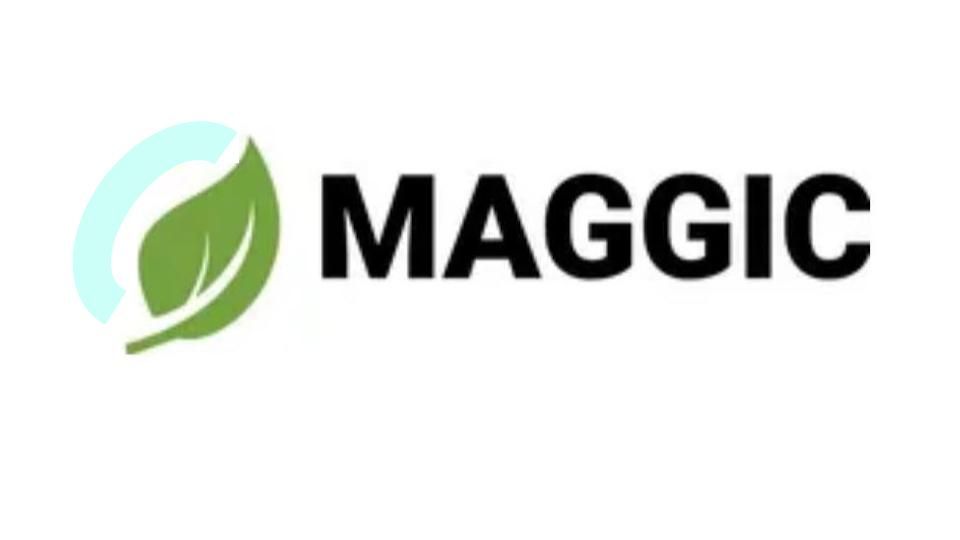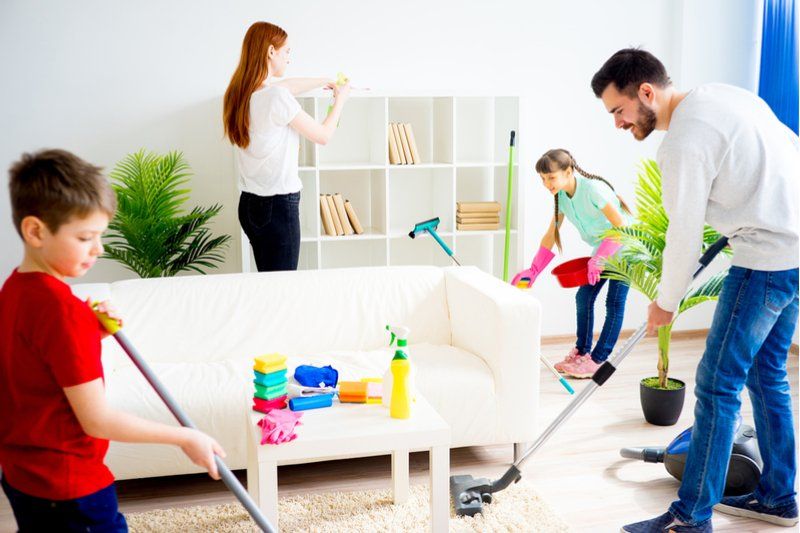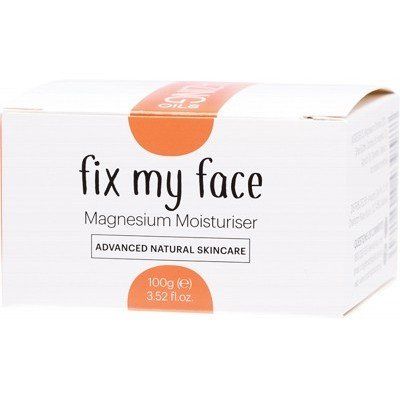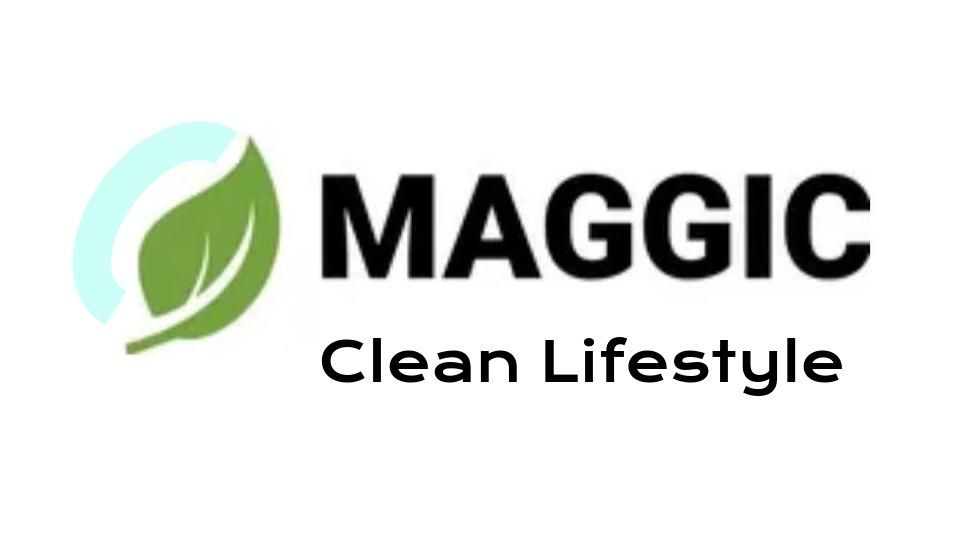This is WARR
- By florian.glinserer
- •
- 18 Mar, 2019
- •
Waste Avoidance and Resource Recovery Strategy
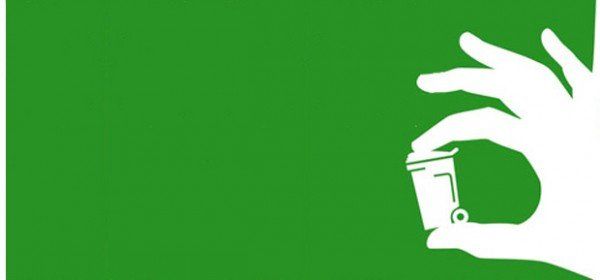
The EPA (Environmental Protection Authority) NSW have a reducing waste generation and keeping materials circulating within the economy Strategy in NSW called WARR (Waste Avoidance and Resource Recovery Strategy). The key areas identified in the strategy will support investment in much-needed infrastructure, encourage innovation and improve recycling behaviour. They will also help develop new markets for recycled materials and reduce litter and illegal dumping.
Waste Less and Recycle More programs have awarded $292.3 million to 822 projects, aiming to process 2,230,167 tonnes more waste and create 845 jobs.
The WARR Strategy also sets the direction for other related programs, policies and plans that work to minimise the impact of waste on the environment and human health, including
- education to encourage behaviour change
- economic mechanisms like the waste levy that encourage resource recovery over landfill disposal
- enforcement of the waste regulations
- incentives to encourage investment, innovation and improvement in environmental practices.
Prevent waste
Preventing waste in the first place is the best environmental outcome. For helpful tips and information
- visit the Love Food Hate Waste website
- 'follow' Love Food Hate Waste NSW on Facebook
Find Community Recycling Centres and Household Chemical CleanOut events
Find your nearest Community Recycling Centre or the next Household Chemical CleanOut event, where you can drop off household problem waste for free.
Common household problems wastes, including fluorescent lights, smoke detectors, paint, gas bottles, fire extinguishers, batteries and oils, can now be taken to your local Community Recycling Centre throughout the year.
If there is no Community Recycling Centres in your area, you can take these items and others to a Chemical CleanOut event.
The NSW government, along with the other states and territories, are working towards encouraging households to reduce the amount of waste that is generated by the householders and also encouraging the use of reusable items as a priority for each home.Conclusion
Waste prevention and the use of reuseable items in homes and businesses has become the priority of each individual so that our current ill-defined infrastructure is less pressured. The EPA grants will support investment in much-needed infrastructure, encourage innovation, help develop new markets for recycled materials; and reduce litter and illegal dumping.
